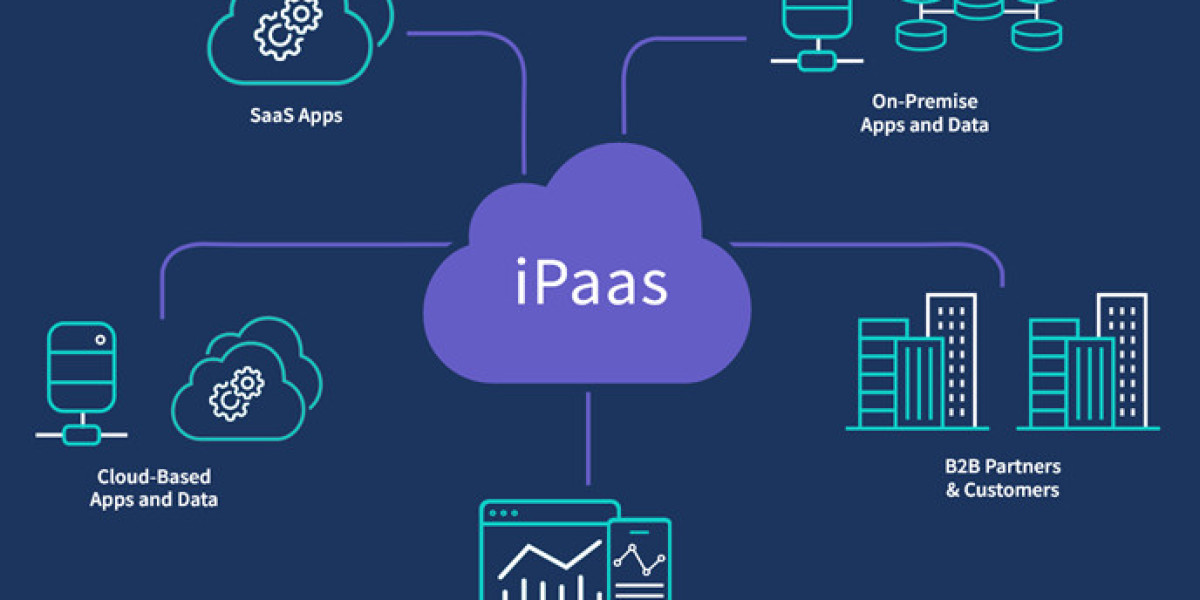Integration Platform as a Service (iPaaS) has become a vital technology layer for modern enterprises aiming to connect applications, automate workflows, and streamline data movement across diverse systems. As organizations adopt cloud solutions at an accelerated pace, the need for a unified platform that seamlessly integrates on-premises systems, SaaS applications, and hybrid environments has grown significantly. iPaaS provides a scalable, cloud-based framework that simplifies integration complexities and reduces the dependency on traditional middleware, enabling faster implementation and improved operational agility.
The increasing digitalization across industries is a major driver propelling the iPaaS market forward. Companies are generating enormous volumes of data from multiple channels, including CRM systems, ERPs, mobile applications, IoT devices, and industry-specific platforms. Without proper integration, businesses face data silos that hinder real-time visibility and decision-making. iPaaS solutions address this challenge by offering pre-built connectors, unified dashboards, and automated workflows that help enterprises achieve consistent data flow. As organizations strive for real-time communication between systems, iPaaS becomes a strategic enabler for achieving efficiency and connectivity.
Another key factor contributing to the rising demand for iPaaS is the growing adoption of multi-cloud and hybrid cloud architectures. Businesses no longer rely on a single cloud environment; instead, they use a combination of public, private, and edge cloud systems to optimize costs and performance. This diversification increases complexity in integration and data syncing. iPaaS platforms offer cloud-native capabilities that ensure compatibility across multiple cloud providers while maintaining high security and performance standards. This makes iPaaS an essential solution for enterprises undergoing complex digital transformations.
The shift toward automation and low-code development is also influencing the growth of iPaaS. Modern iPaaS platforms come equipped with low-code interfaces, drag-and-drop workflows, and simplified configuration tools that allow users with minimal technical expertise to build integrations quickly. This democratization of integration helps businesses accelerate their digital initiatives without overburdening IT teams. Additionally, these platforms support API management, robotic process automation (RPA) integration, event-driven architectures, and AI-based orchestration, further enhancing operational productivity.
Security and compliance remain central concerns for businesses embracing digital solutions. iPaaS vendors focus on providing robust security frameworks, including data encryption, identity management, audit trails, and regulatory compliance certifications. This ensures that sensitive data is securely transferred across systems without exposing businesses to cyber risks. As regulatory pressures continue to increase globally, iPaaS platforms equipped with compliance management features offer added confidence to enterprises.
The Integration Platform as a Service market is expected to experience steady expansion driven by the need for interconnected business systems, AI-driven automation, and scalable cloud adoption. Industries such as healthcare, finance, retail, manufacturing, and telecommunications are increasingly adopting iPaaS to enhance customer experiences and operational efficiency. As organizations continue to prioritize agility and real-time decision-making, iPaaS will remain a crucial technology powering the next wave of digital innovation.








